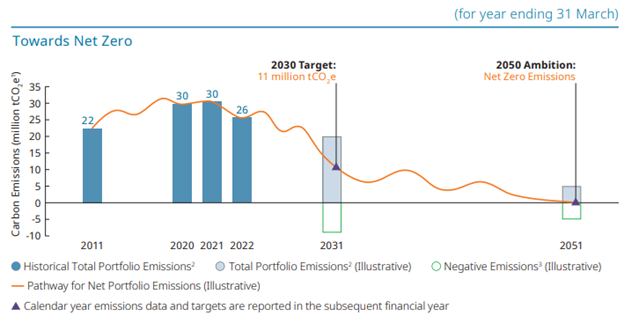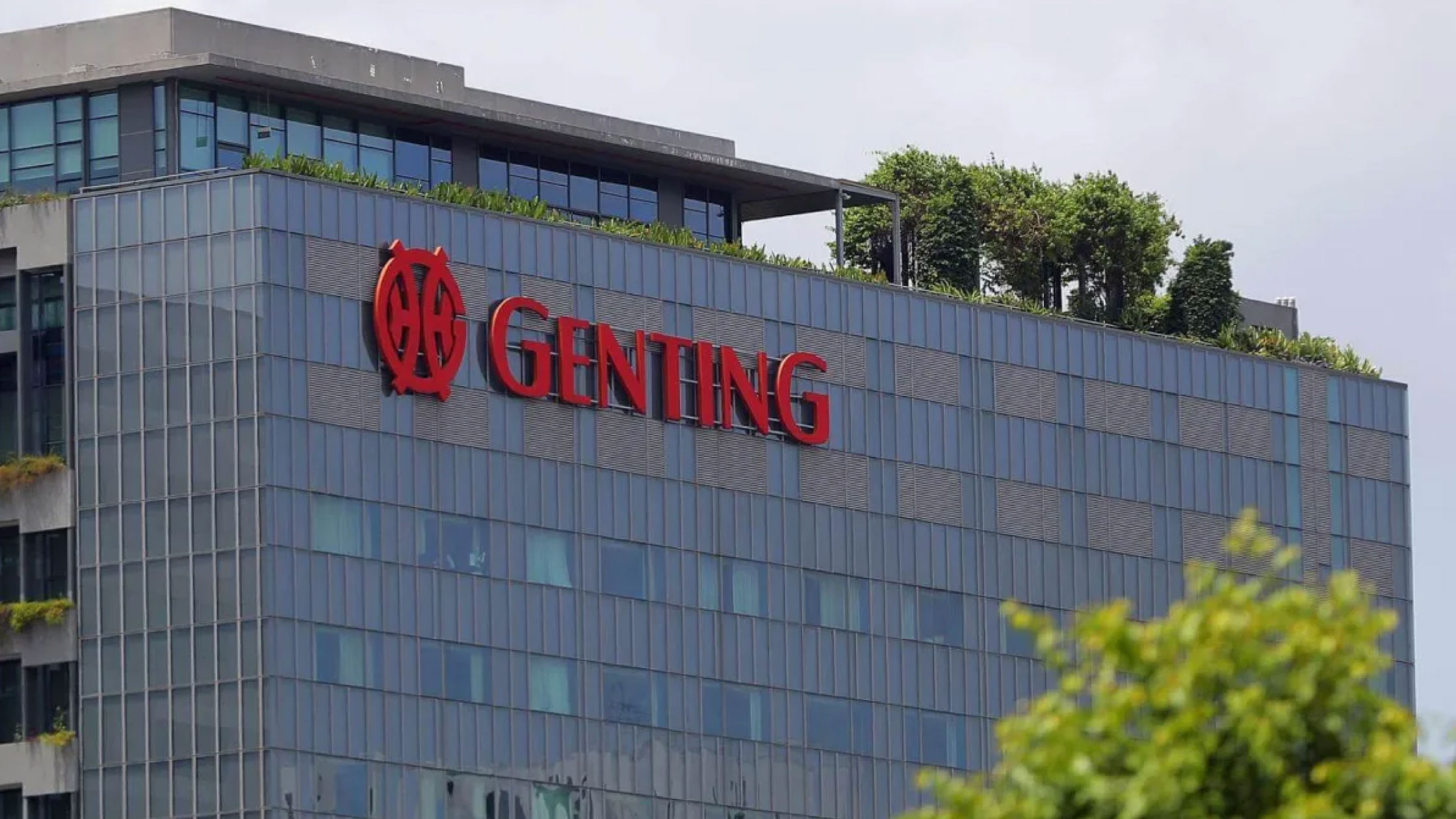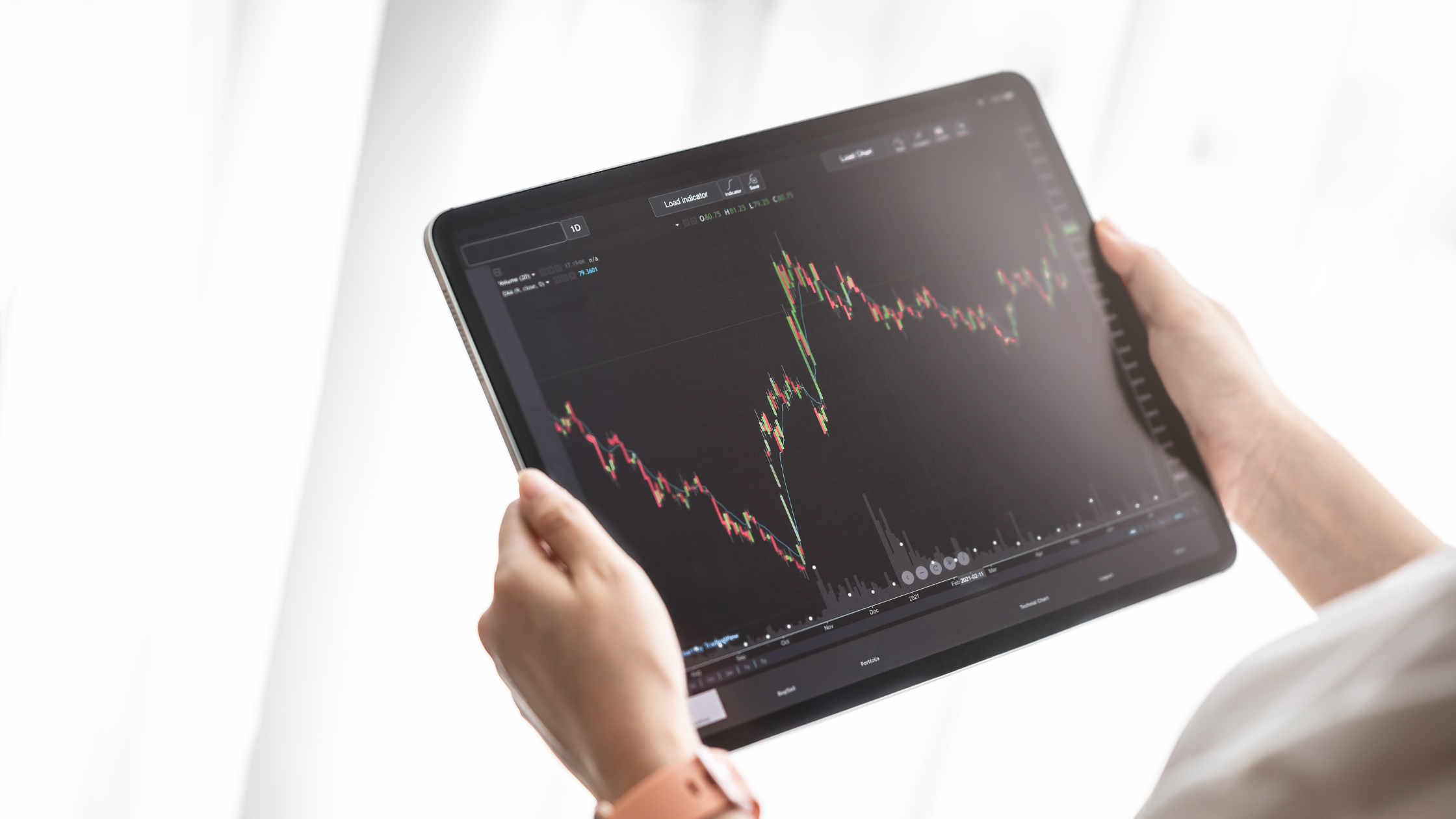Temasek 2022 Review: Here’s Why ESG Investing Matters
July 29, 2022

Singapore investors will be familiar with the track record of Temasek – the independently-run investment company that’s wholly-owned by the Singapore government.
Last week, I took a brief look at Temasek’s Temasek Review 2022. That saw the investment manager post a solid one-year total shareholder return of 5.8%.
However, Singaporeans might not be as familiar with Temasek’s other efforts. Primarily, this comes on the environmental, social, and governance (ESG) investing fronts.
Here, Temasek is focused on sustainable returns over the long term. Like any great business (or stock), the returns generated for investors should be ideally replicable stretched out over time.
How Temasek views sustainability and investing
While many investors may not consider “sustainability” that important to a stock’s return, institutional investors – like Temasek – are taking steps to ensure their investments are sustainable at multiple levels.
In the latest Temasek Review 2022 report, the investment manager stated that its investment teams are “embedding sustainability as one of the core dimensions that guide their deal origination efforts”.
Furthermore, Temasek aims to build its long-term investment strategy around four key structural trends:
- Digitisation – Cross-sectoral digital technologies
- Sustainable Living – Products and services for sustainability
- Future of Consumption – New shifts in consumption types and patterns
- Longer lifespans – Growing needs driven by longevity
Number two – that of “sustainable living” – is starting to be more fully reflected in Temasek’s portfolio makeup.
Global warming and meatless alternatives
According to Bloomberg, the company’s “Life Science and Agriculture” holdings have grown from just S$8 billion in 2015 to S$36.3 billion in its latest 2022 report.
That equates to compound annual growth rate (CAGR) of 24% for the division’s holdings over the past seven years – impressive growth over such a short period of time.
Under this division are companies that Temasek has invested in. These include sustainable, meat-alternative food producers like Impossible Foods – the unlisted competitor to Beyond Meat Inc (NASDAQ: BYND).
Many consumers may not be aware that it takes around 1,800-2,000 gallons of water to produce one pound of beef.
In addition, cattle are commonly cited as the number one source of methane emissions globally.
Methane is the second-most abundant greenhouse gas (after carbon dioxide) but it traps 30 times more heat than its carbon peer.
That makes finding more environmentally-friendly alternatives to livestock agriculture a pressing issue.
Not only do farmers have to think creatively but governments too, as they look to stick to climate-based targets.
Cutting carbon in the investing context
Beyond a renewed focus on food security (since Singapore imports 90% of its food needs) and meatless alternatives, the core sustainability focus for Temasek is carbon emissions.
That’s because carbon emissions are much more easily measurable. Temasek itself aims to reduce net carbon emissions of its portfolio to half the 2010 levels by 2030 (see below).

Source: Temasek Review 2022 presentation
Temasek is already making strong progress in these areas. In addition, it wants to have net zero portfolio emissions by 2050.
Essentially, “net zero emissions” means that an organisation achieves an equal balance between greenhouse gas emissions produced and those taken out of the atmosphere.
Put neatly, it’s a truly sustainable business that doesn’t impact the environment by adding any more carbon to it.
How do I invest in ESG?
For retail investors, what can we take away from this? While large institutional investors like Temasek has access to all these interesting (and unlisted) portfolio companies, everyday investors may lack choice.
That is certainly true but it doesn’t mean that we can’t invest more actively in the ESG space. By scrutinising more closely the management teams of companies we hold, we can invest according to our own values.
Whether it be refraining from investing in oil and gas companies and tobacco firms, to understanding whether “greenwashing” is taking place among firms, investors can play a more influential role in how their portfolio looks.
As “sustainability” is here to stay, all long-term investors should think hard about how they want to invest in this nascent era of ESG and ethical investing.
Disclaimer: ProsperUs Head of Content & Investment Lead Tim Phillips doesn’t own shares of any companies mentioned.

Tim Phillips
Tim, based in Singapore but from Hong Kong, caught the investing bug as a teenager and is a passionate advocate of responsible long-term investing as a great way to build wealth.
He has worked in various content roles at Schroders and the Motley Fool, with a focus on Asian stocks, but believes in buying great businesses – wherever they may be. He is also a certified SGX Academy Trainer.
In his spare time, Tim enjoys running after his two young sons, playing football and practicing yoga.





